 Do you “work to live or live to work”?
Do you “work to live or live to work”?
In a recent Leading News, e-newsletter, from Marshall Goldsmith, the premier executive coach, asked that question. Why? Because if you figured how time you spent at work – approximately one-third of our waking hours – then you realize that your job has a significant impact on your life.
He created an exercise to help people evaluate their job satisfaction and, mostly importantly, their career choice. There are three categories and you are to estimate the percentage of your job that falls within each category.
You Try It.
The first category is “play.” This is job content that is fun and what you would tend to do regardless of whether or not you were compensated for it. We have all seen people readily agree to do a task that was beyond the job description. Why? Because it was a task they viewed as fun, as an outlet for untapped creativity or a channel for self-development. If I tell myself, “I’m going to play,” then there is no resistance or creative avoidance.
The second category is “work.” This is job content that is not play. It’s work. This is an activity that, although not fun, you would agree to do for reasonable compensation.
The third category is “misery.” Job content in this category is not only not play, but it is drudgery, and at times pure h-ell. And we can find all times of creative reasons to avoid and procrastinate.
How do you see the composition of your work experience concerning activities that are categorized as play, work, and misery? Do you need to write yourself a new job description?
Here are the typical survey results among professionals:
- 15 percent of what professionals do is considered play;
- 75 percent of what professionals do is considered work;
- 10 percent of what professionals do is considered misery.
Career Success Tip:
Most professional jobs can be molded or shaped to allow for individual situations or for one’s growth and development needs. Think about ways to add things to your job that will allow you to play more or take some things out that will allow you to be more satisfied. Then go to your boss and make a case for it – not that it will make you happier but that it can add to your productivity.
Do you want to develop Career Smarts?
- For more resources, see the Library topic Career Management.
- Start with the Career Success System.
- Sign up for Career Power: 101 success tips.
- Fast track your career. Be part of a Success Team.
- Need a speaker? Get the Edge Keynotes-webinars-workshops.
- Find career and leadership boosters in the Smart Moves Blog.
- Copyright © 2011 Marcia Zidle career and leadership coach.
 Sections of this topic
Sections of this topic

















